Finding the best affordable veterinary studies degree programs can help animal lovers pursue their passion of protecting our four-legged friends. Affordable veterinary studies degree programs can save undergrads thousands of dollars on science courses about creatures both big and small. Demand for veterinary studies graduates is growing along with the number of people owning animals. In November 2018, the American Veterinary Medical Association reported that 57 percent of U.S. homes had at least one pet. There are currently 89.7 million dogs and 94.2 million cats nationwide. Further, the Department of Agriculture counts 1.31 million farms that own livestock like cows, horses, and sheep. Today’s pet care industry generates more than $75 billion annually. Getting an affordable degree in veterinary studies lets students fetch gratifying careers tending our critter friends.
Featured Programs
Our Methodology
First, Affordable Schools decided to look for best-value veterinary studies degree programs that teach fundamental animal care skills at barktastic deals. Our team used the National Center for Education Statistics’ College Navigator tool to locate bachelor’s opportunities. Our advanced search criteria narrowed down only four-year colleges with veterinary studies majors. We compiled an initial pool of 50 vet tech schools. We judged each college’s affordability by recording the average attendance cost for full-time students in 2018-19. Our research evaluated the in-state undergrad tuition, though the out-of-state price is also featured. To minimize loan debt, we preferred low-cost veterinary studies degree choices with $7,500 or lower tuition. We gave each institution one to five points based on the rubric below.
Points:
Under $7,500: 5 Points
$7,500 to $15,000: 3 Points
$15,001 and Up: 1 Point
Second, the AS Staff used the College Navigator profiles to find each low-cost veterinary studies degree program’s student-faculty ratio. We considered student/faculty ratios because the number shows how closely learners interact with their professors. This proportion correlates to how many students are generally assigned to the average teacher’s class. Veterinary studies schools with small classes are preferable to ensure hands-on interaction with pets and people alike. Lecture halls packed with dozens of curious minds are less likely to have a lot of personal interaction. Future vet techs will instead have more opportunities, including internships and animal research projects, with student/faculty ratios of 10:1 or less. We designed the following three-point scale to grade each economical veterinary studies degree for engagement.
Points:
10:1 or Less: 3 Points
11:1 to 15:1: 2 Points
Greater Than 15:1: 1 Point
Third, Affordable Schools evaluated the average graduation rates at each institution. We accessed the College Navigator’s retention and graduation tab to find an accurate percentage. This number exhibits how many bachelor’s majors complete their program in at least six years. We chose graduation rates as a ranking factor because it shows concrete evidence of education quality. Graduation rates of 50 percent and more tell us that undergrads are satisfied with the learning environment. Students at schools with high graduation rates are less likely to invest in tuition without finishing their degree. We gave each college one to three points based on the scale below. Our researchers added up the point totals and profiled the 15 top-value veterinary studies degree programs with the most points.
Points:
Less than 30 Percent: 1 Point
Between 30 and 50 Percent: 2 Points
More than 50 Percent: 3 Points
Ranking the 15 Best Affordable Colleges for a Veterinary Studies Degree
15. Kansas State University
Manhattan, KS
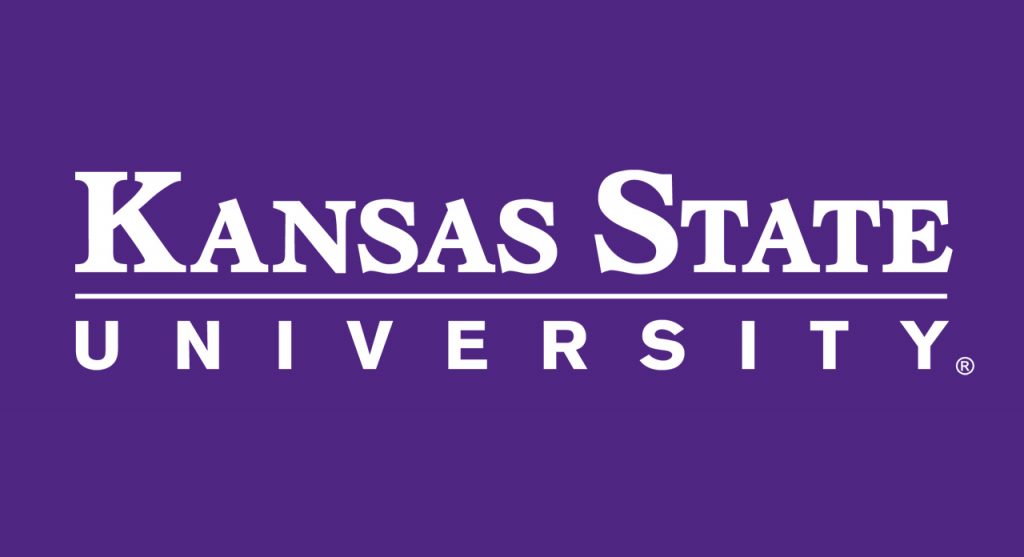
Total Points: 7
Program Website
Running the Tom Avery Poultry Research Farm since 1966, Kansas State University is a public, land-grant ASAIHL member. It has 1,421 full-time faculty and 22,221 students from 103 countries. In 2019, K-State accepted the Friends of Cats’ Cupboard Award. Kansas State had the 2019 ASAS Midwest Outstanding Young Teacher Award recipient. The U.S. News & World Report ranked Kansas State University 98th for biological sciences. KSU was named America’s sixth best agriculture school on Niche. It was the 269th top value in Forbes, and eighth happiest college by The Princeton Review.
At Weber Hall, the College of Agriculture offers an inexpensive B.S. in Animal Sciences & Industry for studying the needs of farm and companion animals. The low-cost, 126-credit, HLC-accredited major has six tracks:
- Pre-Vet
- Business
- Bioscience
- Animal Products
- Production Management
- Marketing.
Undergrads also add have the opportunity to:
- earn the Equine Science Certificate
- join the Collegiate Cattlewomen
- intern at Nestle Purina PetCare
- participate in the Japan Study Abroad Program
- do research in the Kansas Wildlife Habitat Center.
Degree Options:
Bachelor of Science in Animal Sciences and Industry
In-State Tuition: $10,383
Out-of-State Tuition: $25,887
Student-Faculty Ratio: 18:1
Graduation Rate: 64 percent
14. North Dakota State University
Fargo, ND

Total Points: 7
Program Website
North Dakota State University is a public, doctoral-granting Big 12 affiliate founded in 1890 that’s serving 11,425 undergrad Thundering Herd from 60 countries. In 2018, NDSU won the American Meat Science Association’s R.C. Pollock Award. It also won the 2019 American Feed Industry Association Research Award. The U.S. News & World Report ranked North Dakota State 213rd for biological sciences. NDSU was named America’s 24th best farming college on Niche. IT was named 457th top university by Times Higher Education, and 190th best value in Forbes.
The Animal Sciences Department currently trains 101 B.S. in Veterinary Technology majors for medical support with a 92.54 percent VTNE pass rate. The low-cost, 124-credit, AVMA-accredited program has an April 1st deadline for starting courses like Parasitology and Animal Restraint. Students can also:
- practice at the Wellness Clinic
- join Vet Tech Club
- compete in the Ag Olympics
- intern at the Days End Farm Horse Rescue
- minor in Poultry Science
- travel to China.
Degree Options:
Bachelor of Science in Veterinary Technology
In-State Tuition: $9,414
Out-of-State Tuition: $13,393
Student-Faculty Ratio: 20:1
Graduation Rate: 58 percent
13. University of Nebraska-Lincoln
Lincoln, NE
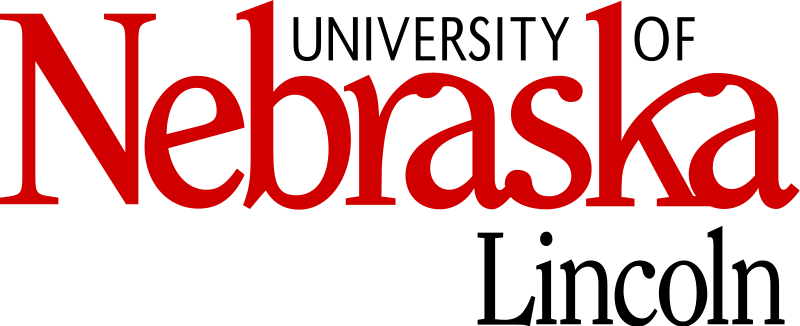
Total Points: 7
Program Website
Hosting the George A. Young Swine Health Conference since 1960, the University of Nebraska-Lincoln is a public, land-grant URA member. It has 20,954 undergraduates from 135 nations. In 2017, Lincoln won the ASAS Rockefeller Award in Animal Breeding and Genetics recipient. UNL received a 2018 Governor’s Ag Excellence Award for its 4-H Foundation. The U.S. News & World Report ranked the University of Nebraska 90th for biological science. UNL was named America’s 25th best farming college on Niche, 151st top value in Forbes, and 107th best university by the CWUR.
The Institute of Agriculture & Natural Resources offers an economical Veterinary Science B.S. or Veterinary Technology B.S. dedicated to animal wellness. The 120-credit, AVMA-accredited paths offer emphases in:
- Biomedical Science
- Pre-Vet Medicine
- Veterinary Business
Majors also have the opportunity to:
- intern with the Nebraska State Fair’s Birthing Pavilion
- pursue the 3+2 Accelerated DVM
- practice at the Diagnostic Center
- join the Husker Equestrian Team
- contribute to the No Kill Advocacy Project.
Degree Options:
Bachelor of Science in Veterinary Science
Bachelor of Science in Veterinary Technology
In-State Tuition: $9,242
Out-of-State Tuition: $25,038
Student-Faculty Ratio: 21:1
Graduation Rate: 69 percent
12. Mississippi State University
Starkville, MS
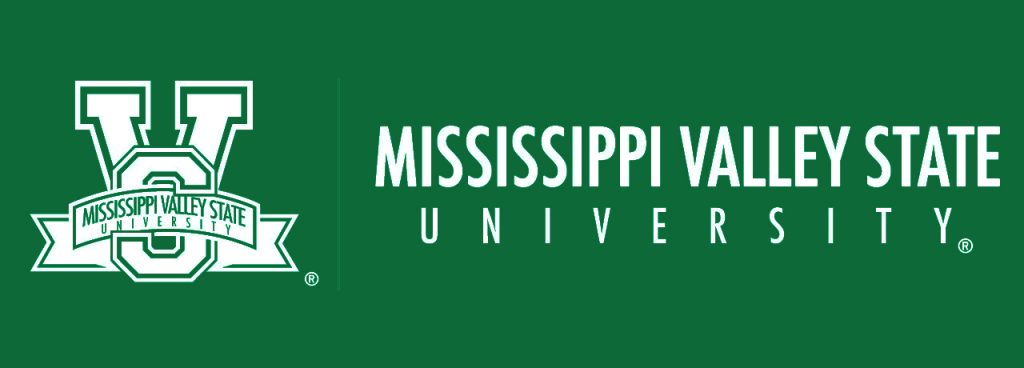
Total Points: 7
Program Website
Managing 160 Jersey and Holstein cows at the Joe Bearden Dairy Research Center, Mississippi State University is a public, land-grant RU/VH institution. It was created in 1878. It has 1,359 faculty and 22,214 students from 47 countries. In 2015, MSU was the National Institute for Animal Agriculture’s Advocate Award winner. Its College of Veterinary Medicine earned the 2019 Quality Commitment Award. The U.S. News & World Report ranked Mississippi 24th for veterinary studies. It was named America’s 16th best farming school on Niche, 196th top value in Forbes, and 235th best faculty by the CWUR.
The College of Veterinary Medicine offers an addordable Veterinary Medical Technology B.S. to teach innovative animal care solutions. The 124-credit, AVMA-accredited plan has a 67.8 percent certification success after courses like Pharmacology and Surgical Nursing. Students may also:
- attend the Summer Veterinary Camp
- join Bully’s Bond
- take the Large Animal Emergency Response Training workshop
- engage with the CIMTRADZ Project in East Africa
- do research in the Aquatic Lab.
Degree Options:
Bachelor of Science in Veterinary Medical Technology
In-State Tuition: $8,650
Out-of-State Tuition: $23,250
Student-Faculty Ratio: 20:1
Graduation Rate: 58 percent
11. Delaware State University
Dover, DE
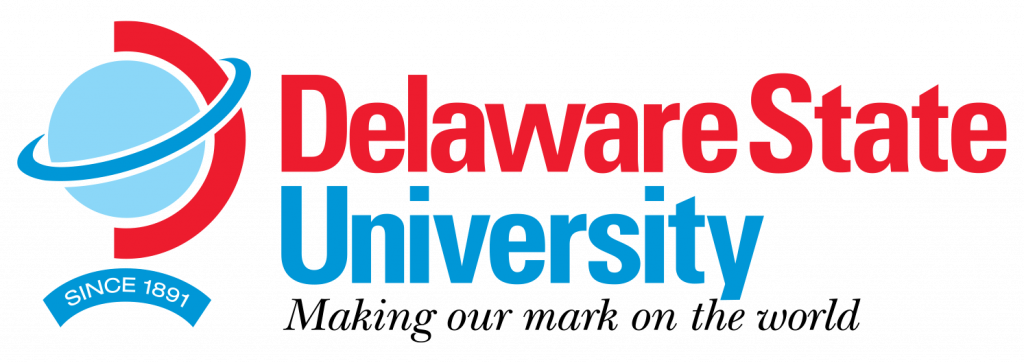
Total Points: 7
Program Website
Home to the only USDA-ARS Microbial Seafood Safety Laboratory, Delaware State University is a public, historically Black institution. It was established in 1891. It 212 faculty and 4,872 students. In 2018, Delaware State’s Provost earned the David G. Menser Lifetime Achievement Award. DESU was named the 2016 Delmarva Animal Conservation Award recipient. The U.S. News & World Report ranked Delaware State the 12th best HBCU nationwide. DESU was also named America’s 203rd most diverse college on Niche, 331st best university in Washington Monthly, and 222nd top value by WalletHub.
The Agriculture & Natural Resources Department admits Agriculture B.S. majors with an average 3.11 GPA into these tracks:
- Pre-Veterinary Science
- Animal and Poultry Science
- Equine Business Management
The 123-credit, MSCHE-accredited curriculum offers electives from Animal Nutrition to Sustainable Crop Production. Students can also:
- gain experience on Hickory Hill Farm
- join Pre-Vet Club
- attend National FFA conferences
- enter the 1890 Scholars Program
- explore Ghana.
Degree Options:
Bachelor of Science in Agriculture – Pre-Veterinary Science
In-State Tuition: $7,868
Out-of-State Tuition: $16,904
Student-Faculty Ratio: 15:1
Graduation Rate: 40 percent
10. Fort Valley State University
Fort Valley, GA
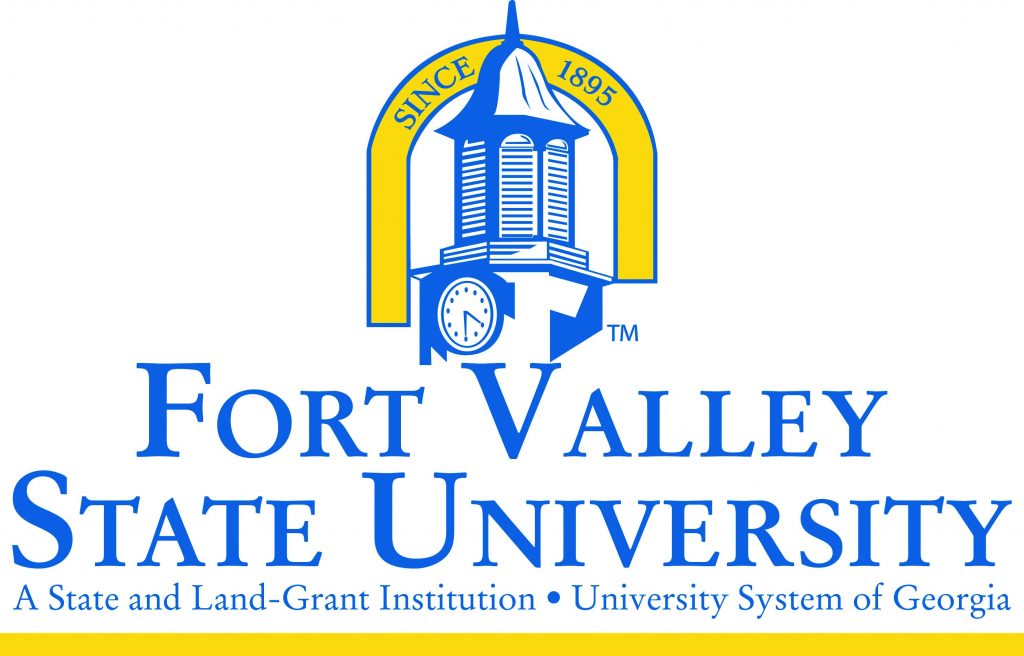
Total Points: 7
Program Website
Contributing to McCurnin’s Clinical Textbook for Veterinary Technicians, Fort Valley State University is a public, historically black TMCF member. It was founded in 1895. It has 2,776 students from 10 countries. In 2018, FVSU earned three Minorities in Agriculture, Natural Resources and Related Sciences Awards. Fort Valley won the first Georgia Chamber of Commerce Inventure Prize in 2019. The U.S. News & World Report ranked Fort Valley State the 31st top HBCU nationwide. FVSU was also named America’s 100th best Greek life school on Niche and 110th most popular agriculture program by College Factual.
At O’Neal Hall, the College of Agriculture Academics provides the Peach State’s only affordable Veterinary Technology B.S. for in-depth knowledge of animal care equipment. This low-cost, 128-credit, AVMA-accredited plan integrates 480 externship hours into courses like: Microbiology and Radiology. Students with minimum 2.25 GPAs can also:
- do research in the Small Ruminant Center
- apply for the James H. Porter Scholarship
- join the Agri-Demic Forum
- volunteer with Life on the Farm.
Degree Options:
Bachelor of Science in Veterinary Technology
In-State Tuition: $6,658
Out-of-State Tuition: $19,738
Student-Faculty Ratio: 17:1
Graduation Rate: 28 percent
9. University of Holy Cross
New Orleans, LA

Total Points: 8
Program Website
Funding the nine-week Chick Weiss STEM Summer Research Program, the University of Holy Cross is a private, nonprofit Marianite AACU member. It was established in 1916. It enrolls 1,260 students. In 2019, UHC won the Omicron Delta Kappa Circle of Excellence Award. Holy Cross received a 2018 UCDA Design Competition Awards for its “Do Good Do Well” campaign. The U.S. News & World Report ranked the it the 22nd in the South. UHC was classified America’s 78th best allied health school by College Factual and 146th top liberal arts college in Washington Monthly.
From a Roman Catholic worldview, the Health Sciences Division offers a low-cost B.S. in Biology – Pre-Veterinary Track to prepare for doctoral admission. The 120-credit, SACS-accredited sequence fills eight semesters with courses like Organic Chemistry and Animal Anatomy. Trainees also have the opportunity to:
- do research with the Small World Initiative
- intern at the Audubon Nature Institute
- volunteer with Relay for Life
- pledge Beta Beta Beta
- exchange to the University of Melbourne.
Degree Options:
Bachelor of Science in Biology – Pre-Veterinary Track
In-State Tuition: $14,180
Out-of-State Tuition: $14,180
Student-Faculty Ratio: 10:1
Graduation Rate: 49 percent
8. University of Delaware
Newark, DE
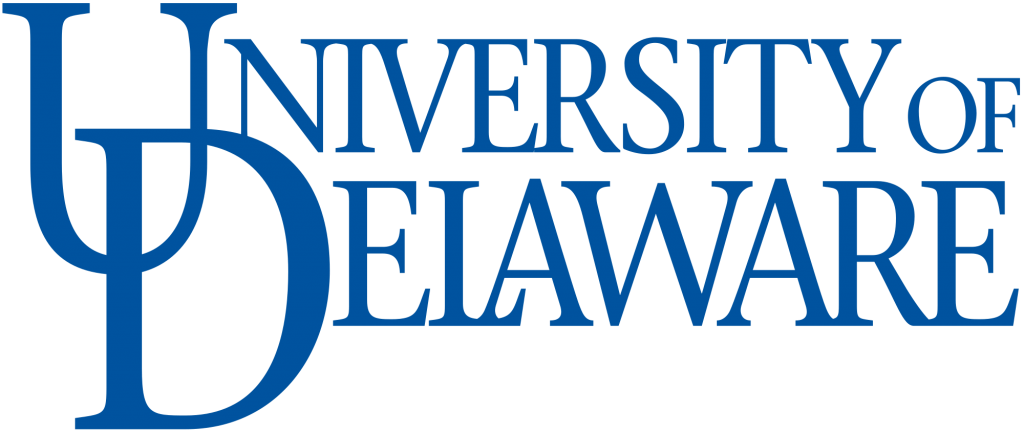
Total Points: 8
Program Website
Operating the 350-acre Webb Farm for its UDairy Creamery, the University of Delaware is a flagship public, land-grant AASCU member. It was chartered in 1769. It has 5,176 staff serving 24,120 students. Retention is 91 percent retention. In 2018, UD was the National Poultry Foundation’s Student Recruitment Grant recipient. It was the 2018 USDA Agricultural Sciences Teaching Excellence Award winner. The U.S. News & World Report ranked the University of Delaware 140th for biological science. UD was placed America’s 38th best agriculture college on Niche, 172nd top value in Kiplinger’s and 150th best university by Forbes.
The College of Agriculture & Natural Resources offers an economical Pre-Veterinary Medicine BS and Animal Science BS. The 124-credit, MSCHE-accredited programs reports 96.6 percent grad school success after courses like Molecular Genetics and Histopathology. Students also have the opportunity to:
- travel to New Zealand
- conduct Charles C. Allen Lab research
- work at Blue Hen Blankets & Yarn
- pledge Alpha Gamma Rho
- join Ducks Unlimited.
Degree Options:
Bachelor of Science in Pre-Veterinary Medicine
Bachelor of Science in Animal Science
In-State Tuition: $13,680
Out-of-State Tuition: $34,310
Student-Faculty Ratio: 15:1
Graduation Rate: 81 percent
7. University of Arizona
Tucson, AZ
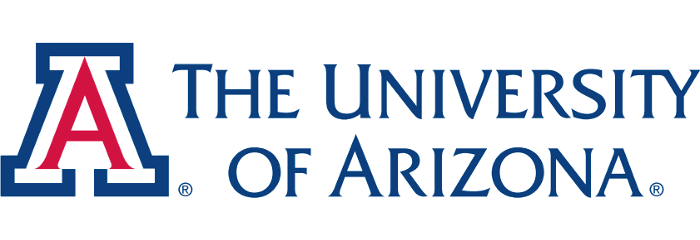
Total Points: 8
Program Website
Affiliated with the Ames Animal Hospital in Douglas, the University of Arizona is a public, land-grant AAU member. It was established in 1885. It has 3,534 faculty and 44,831 students from 75 countries. It also has a Guaranteed Tuition Program. In 2019, Arizona won the NASF International Seafood Innovation Award for GenetiRate. UA was the Animal Behavior Society’s 2015 Warder Clyde Allee Award recipient. The U.S. News & World Report ranked the University of Arizona 46th for biological science. UA was named America’s 66th best big college on Niche, 62nd top value in Forbes, and seventh best choice by Hispanic Business.
At Lowell Hall, the College of Agriculture & Life Sciences has a 100 percent Engagement Initiative for its affordable B.S. in Veterinary Science program. The 120-unit, HLC-accredited curriculum requires minimum 2.5 GPAs throughout courses like Immunology and Animal Toxicology. Opportunities include:
- competing on the Livestock Judging Team
- joining Alpha Zeta
- becoming Holly Keppel Fellows
- practicing in the Vet Diagnostic Lab
- visiting Italy.
Degree Options:
Bachelor of Science in Veterinary Science
In-State Tuition: $12,467
Out-of-State Tuition: $36,366
Student-Faculty Ratio: 15:1
Graduation Rate: 64 percent
6. Washington State University
Pullman, WA
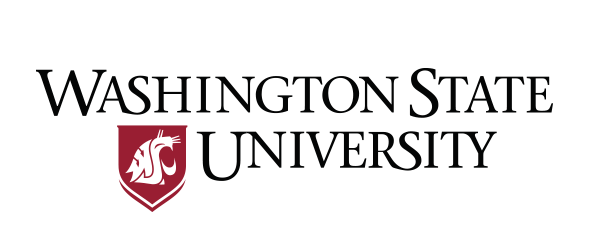
Total Points: 8
Program Website
Washington State University is a public, land-grant Pac-12 member. It enrolls 30,614 students from 91 nations online and at six Palouse Region campuses. In 2018, WSU received an American Society of Animal Sciences Scholastic Achievement Award. Washington State’s Knott Dairy Center won the 2015 ASAS Big Scoop Ice Cream Award. The U.S. News & World Report ranked Washington State University 98th for biological science. It was America’s 42nd best farming college on Niche, 20th top value in Financial Times, and 223rd best buy by PayScale.
The College of Agricultural, Human, and Natural Resource Sciences offers an Animal Sciences B.S. program that fulfills DVM admission. The 120-credit, NWCCU-accredited program has a deadline of January 31st for starting the Animal Management Option or Pre-Veterinary Medicine Option. Undergrads may also:
- join the Companion Animal Club
- travel with the Rabies Free Africa Initiative
- conduct Animal Reproduction Lab research,
- work in the Beef Center
- intern at the Veterinary Hospital.
Degree Options:
Bachelor of Science in Animal Sciences
In-State Tuition: $11,584
Out-of-State Tuition: $25,820
Student-Faculty Ratio: 15:1
Graduation Rate: 59 percent
5. Murray State University
Murray, KY
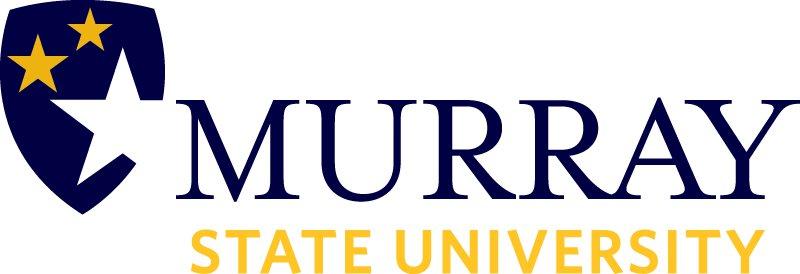
Total Points: 8
Program Website
Murray State University is a public, four-year Ohio Valley Conference member. It opened in 1922. It enrolls 8,142 undergraduates from 45 countries and has 66 majors. In 2017, Murray State was the KVMA Veterinarian of the Year Award recipient. MSU was a 2019 American Pre-Veterinary Medical Association Student Award winner. The U.S. News & World Report ranked Murray 32nd for bachelor’s teaching in the South. It was named America’s 275th best faculty on Niche, 217th top public university in Forbes, and 162nd best institution in Washington Monthly.
The Hutson School of Agriculture offers a low-cost B.S. in Agriculture – Animal Technology where undergrads can select the Veterinary Technology or Pre-Veterinary Medicine focus. These two 124-credit, AVMA-accredited paths share core courses like Small Animal Diseases and Advanced Hematology. Students also have the opportunity to:
- utilize the Equine Instructional Facility
- join Pre-Vet Club
- celebrate Animal Health Day
- attend the Agriculture Career Fair
- intern at Louisville Zoo
- study in Ecuador.
Degree Options:
Bachelor of Science in Agriculture – Animal Technology
In-State Tuition: $9,084
Out-of-State Tuition: $24,540
Student-Faculty Ratio: 15:1
Graduation Rate: 55 percent
4. University of Idaho
Moscow, ID

Total Points: 8
Program Website
Sponsored by the Laidlaw Panama Foundation for its 126-acre Sheep Center, the University of Idaho is a public, land-grant Big Sky Conference member. It was founded in 1889. It enrolls 11,841 students from 73 countries and offers 93 cost-effective majors. In 2015, Idaho was an ASAS Outstanding Animal Science Contributions Award recipient. The Liquid Feed Hall of Fame inducted a UI alumnus in 2018. The U.S. News & World Report ranked the University of Idaho 140th for biological science programs. It was named America’s 29th best agriculture school on Niche, 241st top value in Forbes, and 21st best choice by the Social Mobility Index.
Known for cloning Idaho Gem, the College of Agricultural & Life Sciences offers an affordable B.S. in Animal and Veterinary Science. The economical, 124-credit, NWCCU-accredited program covers topics from Feed Formulation to Environmental Studies. Experiences include:
- joining Block & Bridle
- undertaking Livestock Genetics Lab projects
- interning at Ogden Nature Center
- volunteering with VandalCARE
- pledging Sigma Alpha
- touring Ireland.
Degree Options:
Bachelor of Science in Animal and Veterinary Science
In-State Tuition: $7,864
Out-of-State Tuition: $25,500
Student-Faculty Ratio: 14:1
Graduation Rate: 59 percent
3. Tarleton State University
Stephenville, TX
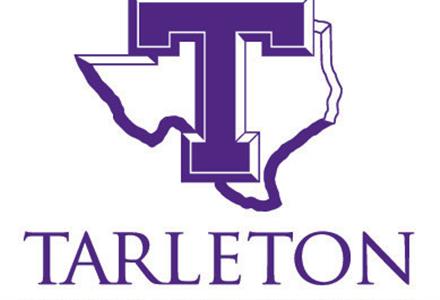
Total Points: 8
Program Website
Stabling more than 50 horses at its 75-acre Equine Center, Tarleton State University is a public, coed Texas A&M constituent. It enrolls 12,333 students from 27 countries and 88 affordable degree programs. In 2018, Tarleton State was the AQHA Jay Pumphrey Animal Sciences Scholarship Award recipient. TSU earned a 2019 Council for Advancement & Support of Education District IV Award. The U.S. News & World Report ranked Tarleton 91st in the Western Region. TSU was designated America’s 249th best Greek life college on Niche, 221st top value by College Factual, and 388th best university in Washington Monthly.
The College of Agricultural & Environmental Sciences offers a low cost B.A.S. in Veterinary Technology for SACS-accredited emphases in Companion Animal, Equine, or Veterinary Practices. The 120-credit B.S. in Animal Science offers six concentrations:
- Business
- Animal Production
- Meat/Food Science
- Science
- Pre-Veterinary Medicine
- Range/Ranch Management
Students also have the opportunity to:
- enter the Dairy Challenge
- join Pre-Vet Club
- research in the Animal Breeding Lab
- intern at Brazos Valley Equine Hospital.
Degree Options:
Bachelor of Science in Animal Science
Bachelor of Applied Science in Veterinary Technology
In-State Tuition: $7,292
Out-of-State Tuition: $17,252
Student-Faculty Ratio: 19:1
Graduation Rate: 46 percent
2. St. Petersburg College
St. Petersburg, FL
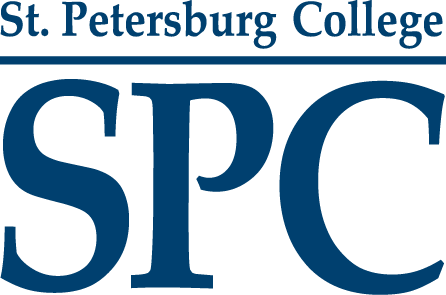
Total Points: 8
Program Website
Given LEED Silver certification for its $11 million Veterinary Technology Center, St. Petersburg College is a public, four-year FSCS System member. It was founded in 1927. It enrolls 46,706 students from 63 countries. In 2010, SPC earned the Florida Gulf Coast Outstanding Business of the Year Award. It received the 2011 ITC Outstanding Use of New Technology Award. Community College Week ranked St. Petersburg College 10th for associate degrees. SPC was chosen America’s 77th safest campus on Niche, 46th best liberal arts school by College Factual, and 300th top value on PayScale.
On Desire2Learn, the Health Sciences & Veterinary Nursing Division delivers the inexpensive Veterinary Technology B.A.S. program. It teaches ethical medical treatment strategies for animals. The 120-credit, AVMA-accredited program gives 24/7 digital access in accelerated eight-week courses like Hospital Marketing and Emergency Care. Students may also:
- transfer from the Veterinary Technology A.S.
- intern at Pinellas County Animal Services
- research with Bay Pines STEM Center
- compete for the Kelly Stadler Scholarship.
Degree Options:
Bachelor of Applied Science in Veterinary Technology
In-State Tuition: $2,682
Out-of-State Tuition: $9,286
Student-Faculty Ratio: 23:1
Graduation Rate: 32 percent
1. California State Polytechnic University-Pomona
Pomona, CA

Total Points: 9
Program Website
Partnered with JustFoodForDogs in its Canine Nutrition Research Lab, California State Polytechnic University-Pomona is a public, coed AASCU member. It was founded in 1938. It has 1,330 faculty teaching 24,314 undergraduates. In 2016, CPP was the William F. McCulloch Award for Excellence in Human-Animal Interaction Education winner. Cal Poly won a 2017 OLC Digital Learning Innovation Award. The U.S. News & World Report ranked California State Polytechnic 28th on the West Coast. It was elected America’s 47th best value in Money, 171st most diverse campus on Niche, and 434th top university by Times Higher Education.
At W.K. Kellogg Center, the Huntley College of Agriculture houses an inexpensive B.S. in Animal Health Science program. It’s focused on treating acute or chronic illnesses in non-human patients. The 120-unit, AVMA-accredited major integrates classes from Diagnostic Imaging to Anesthesiology. There is a 91 percent certification exam success. Students also have the opportunity to:
- intern at Full Circle Dairy
- join Gamma Sigma Delta
- attend the Sunday Horse Show
- compete at the College National Rodeo
- compete for the Dr. Carl Becker Scholarship.
Degree Options:
Bachelor of Science in Animal Health Science
In-State Tuition: $7,353
Out-of-State Tuition: $19,233
Student-Faculty Ratio: 29:1
Graduation Rate: 71 percent
Which Careers Can High-Value Veterinary Studies Degree Graduates Apply For?
Graduating from an affordable accredited university for veterinary studies degree programs will lead to a variety of jobs serving fuzzy and scaly animals. For example, veterinary technologists assist scientists with empirical research studying animal traits and behaviors. Vet technicians help licensed veterinarians deliver effective clinical care at private practices. Animal trainers teach different breeds how to obey owners and perform on command. Zookeepers oversee the nutrition and hygiene needs of exotic animals at wildlife parks. Livestock managers maintain a healthy herd of farm animals like cows and pigs. Aquaculture farmers feed and raise saltwater or freshwater fish in controlled pens. Animal conservation scientists ensure habitats are protected to prevent extinctions. Other careers with an affordable veterinary studies degree include:
- animal control officer
- equine therapist
- dog breeder
- wildlife biologist
- rescue shelter director
- rehabilitation specialist,
- kennel owner.
What is the Salary Potential with a Cost-Effective Veterinary Studies Degree?
It’s good to find affordable colleges for veterinary studies degree options because the animal care field has modest salaries at the bachelor’s level. The Bureau of Labor Statistics found that animal workers had wide-ranging wages from $20,340 to $87,590. In May 2018, the 106,680 veterinary technicians and technologists reported average pay of $35,560. Veterinary assistants earn a median income of $27,540. Laboratory animal caretakers bring home mean earnings of $28,690. Zookeepers can expect an average $34,190 salary. Wildlife biologists earn about $63,420 each year. Animal conservation scientists earn $61,340 annually. Farm and ranch managers oversee livestock for $67,950 on average. Veterinary technicians reported median pay of $43,479 on Salary.com. Continuing for a Doctor of Veterinary Medicine helps veterinarians make $70,045 to $96,239 or more.
How is the Job Outlook After Cheap Veterinary Studies Degree Programs?
The demand in the pet care market is soaring. MSN ranked Oregon, Colorado, California, Washington, and Maine as the most pet-friendly. The U.S. Labor Department predicts that jobs for veterinary technologists and technicians will increase 20 percent by 2026. Employment of veterinary assistants will jump 19 percent for 16,300 new openings. Doctoral-level veterinarians will benefit from much faster-than-average growth of 19 percent. Animal care workers like groomers and pet sitters will see a 22 percent hiring increase this decade. The need for zoologists and wildlife biologists will moderately grow by 8 percent. Animal conservation scientists are forecasting a 10-year field expansion of 6 percent. Farming and ranching management jobs will decrease by 1 percent though. Choose the above best affordable veterinary studies degree programs to make your resume a blue ribbon winner.
AS Staff
This concludes our ranking of the top 15 best affordable colleges for a veterinary studies degree.
Other Rankings of Interest:
25 Most Affordable Private Nonprofit Colleges Offering Online Bachelor’s Degrees
The 30 Most Affordable Online Bachelor’s-Granting Historically Black Colleges/Universities
25 Top Value Health Care Administration/ Management Online Degrees (Bachelor’s)
35 Top Value Psychology Degree Online (Bachelor’s)
15 Best Affordable English/Language Arts Degrees Programs (Bachelor’s)
15 Best Affordable Economics Degree Programs (Bachelor’s)
15 Best Affordable Forensic Science Degree Programs (Bachelor’s)
15 Best Affordable Biology, Biochemistry, Zoology Degree Programs (Bachelor’s)

 The Best Colleges
The Best Colleges The Lowest Costs
The Lowest Costs The Highest Returns
The Highest Returns